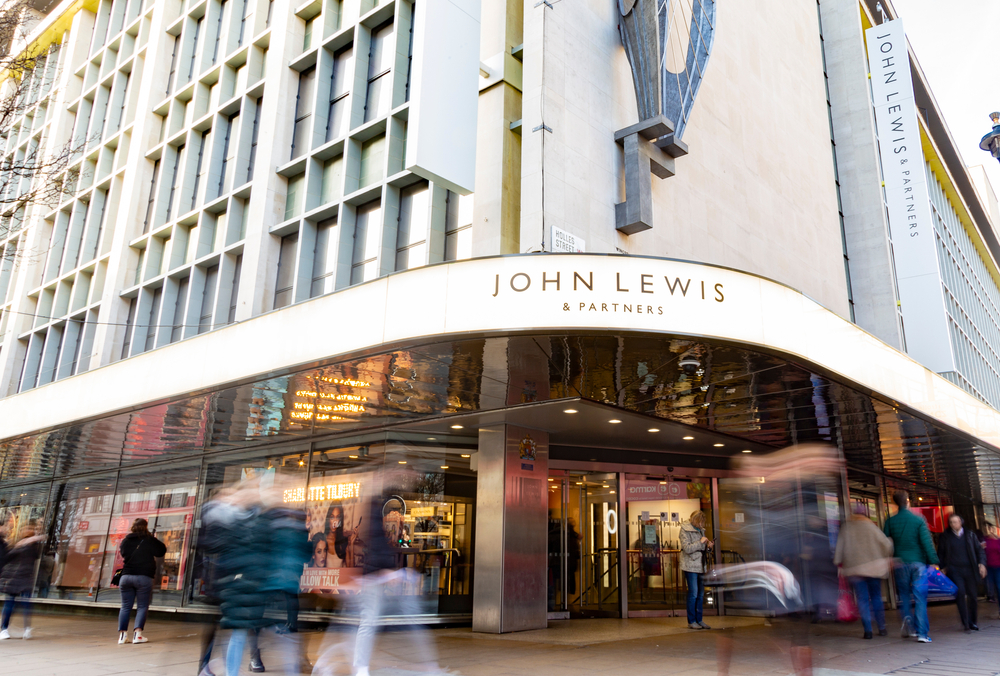Mothercare’s full-year losses widened as the Covid-19 pandemic affected trading in each of its markets across the world.
The maternity retailer, which saw its UK arm fall into administration in 2019 – putting around 2800 jobs are risk – witnessed a statutory loss of £21.5 million in the year to March 27.
Mothercare closed all 79 of its standalone UK stores following the administration, but stressed that its overseas operations would continue to trade as normal. But its recent trading update suggested that the retailer is struggling in markets across the globe.
READ MORE:
The 79 UK store closures may have had a domino effect as Mothercare continues to struggle in other markets, especially the pandemic exasperating its challenges.
International retail sales by franchise partners were down during the period, declining to £358.6 million from a previous £542.1 million. Mothercare said it expected 2022 to be a year of further progress as it focuses on developing its strategy to optimise its brand globally over the next five years.
“The past financial year has clearly been a challenging one,” Mothercare chairman Clive Whiley said.
University of Oxford retail marketing associate professor Jonathan Reynolds argued that Mothercare found itself particularly exposed to markets where the effects of the pandemic have been especially severe. For example, Indonesia, India and Russia.
“This has been combined with the difficulty of co-ordinating with international franchise partners during the crisis, which has led to a new franchising model that may need time to bed in,” he told Retail Gazette.
“Whilst the business has made some innovative strategic moves – such as its tie-up with Boots in the UK – and has seen respectable growth in online sales, this has not been enough to offset negative effects elsewhere.”
Catherine Erdly, founder of The Resilient Retail Club, said Mothercare’s international expansion has have come at a very difficult time.
“Many businesses are finding that shipping internationally is becoming ever more complex with the impact of shipping delays due to Covid as well as the complication of Brexit and the new rules and tariffs that it involves,” she said.
“The other issue about Mothercare is that their brand is so well known in the UK but they will be effectively a new brand in many markets overseas.
“Growing a business internationally is challenging at the best of times but at the moment where travel will be restricted as well as overall footfall down in physical stores this will be a very challenging time for them to be trying to make an international expansion based in bricks and mortar stores.”
Loss of footfall and government-sanctioned restrictions in different countries has also undoubtedly slowed sales down. But Rick Smith, managing director at insolvency specialists Forbes Burton, said this may not be the terminal decline seen in the UK.
“Sales could well bounce back as the world comes out of the pandemic and consumer confidence increases,” he argued.
“Even though the international arm of Mothercare was initially doing well after the closure of the UK branches, the Covid-19 pandemic has hit it hard and in ways no retailer could have expected.
“Hopefully, the lessons learned from the decline of the UK arm will have resonated throughout the international operations and they now have the right plans and strategies in place to move forward successfully.”
Catherine Shuttleworth, chief executive and founder of retail agency Savvy, agreed. She said one sector that has remained resilient is the maternity retail market.
“Shoppers have still had to buy clothes, baby hardware and essentials like nappies and bottles so we know that baby product retailers have been less affected than others but it appears that for Mothercare this isn’t the case,” she told Retail Gazette.
“In part that’s because the closure of stores has meant a lack of sales and customer involvement with the brand but also added discretionary spend outside essentials – purchases of clothing and baby hardware made as gifts in these territories – which make a significant sales contribution – have either stopped or been made on line through alternative retailers.
“Sales through the more flexible distributor lead models in many of the market places that Mothercare international operates in, have weathered the pandemic storms better.
“These distributors have a detailed understanding of local marketplaces and have been able to better support retailers through the changing needs of the pandemic.”
Click here to sign up to Retail Gazette‘s free daily email newsletter


















